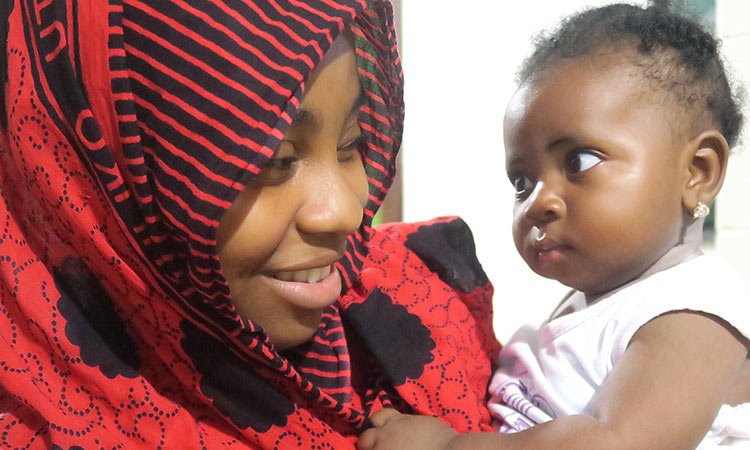
I februar 2023 startede vi to nye instruktør hold op i henholdsvis Somaliland og Etiopien i samarbejde med SOS Byerne. De cirka 50 studerende er nu færdiguddannede og har i den forbindelse modtaget deres certificering.
Vi er meget imponerede over de studerendes engagement, og vi ved, at de med deres nye viden vil skabe stor værdi i deres lokalområder.
Et citat fra en af vores Instruktør-studerende: “I benefited very much from the seminar at all levels of my life, as an individual because I became to know who I am indeed, and what I am had very much to do with how I was brought up by my parents. And as a mother how I was to see my children in future – this depends strongly on how I will bring my children up. And professionally, that I should understand and be very patient with the children I support, having in mind the trauma they have gone through.”
